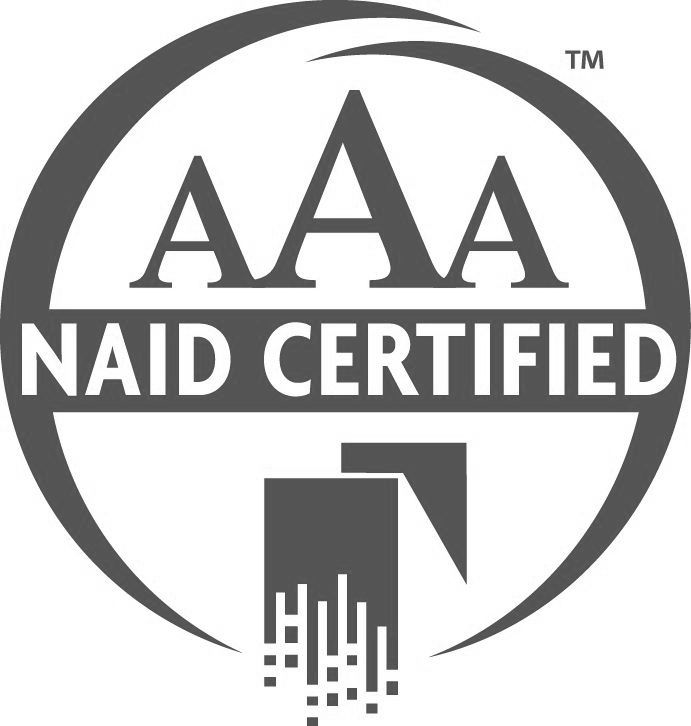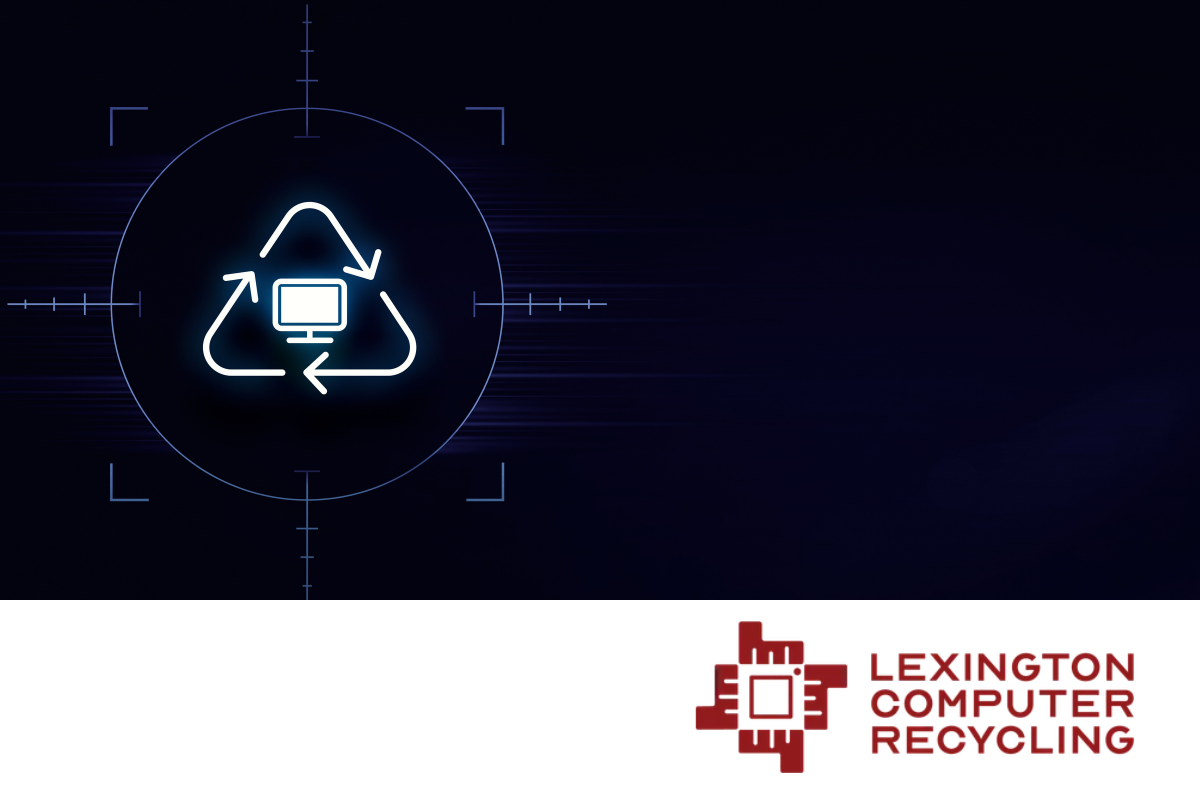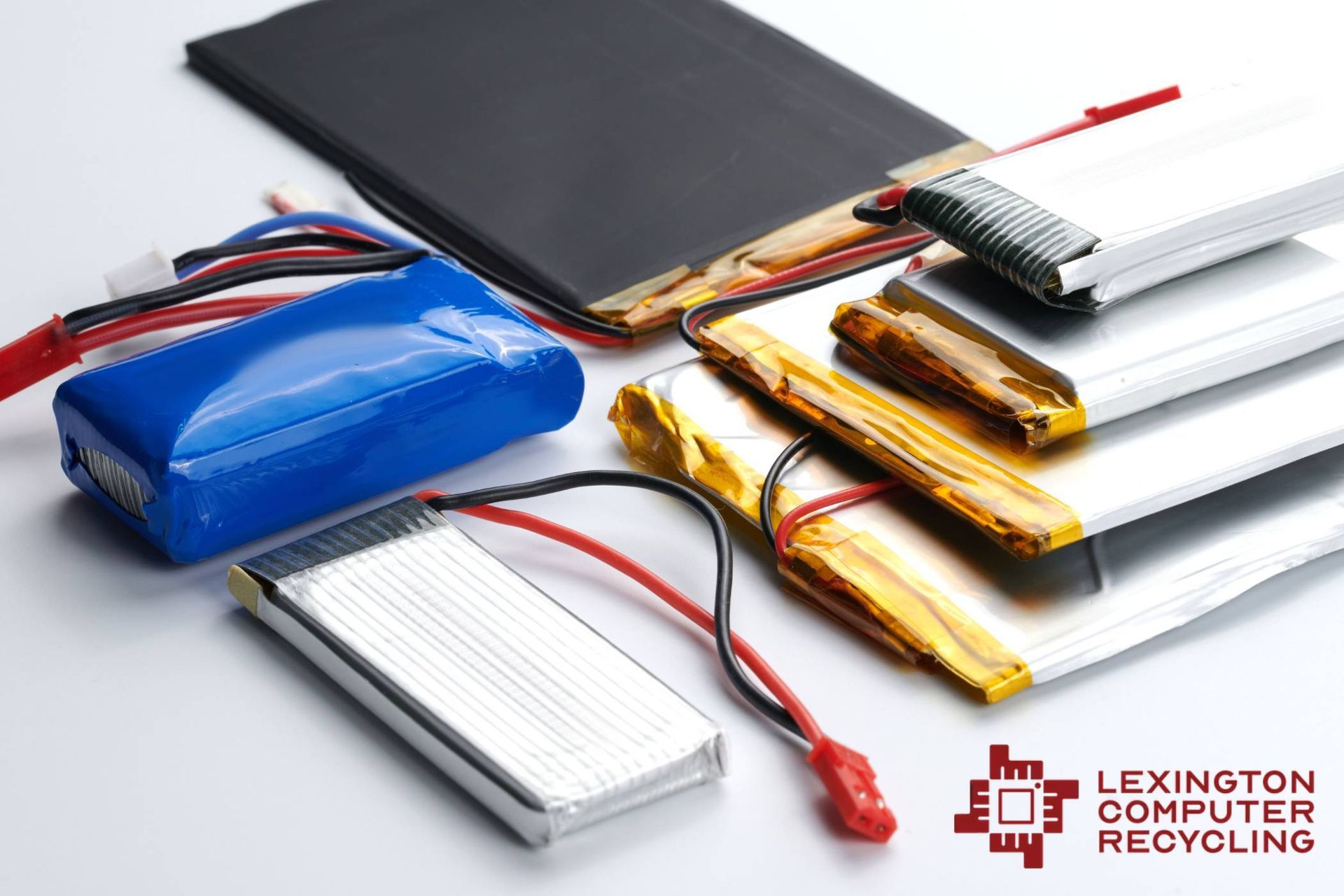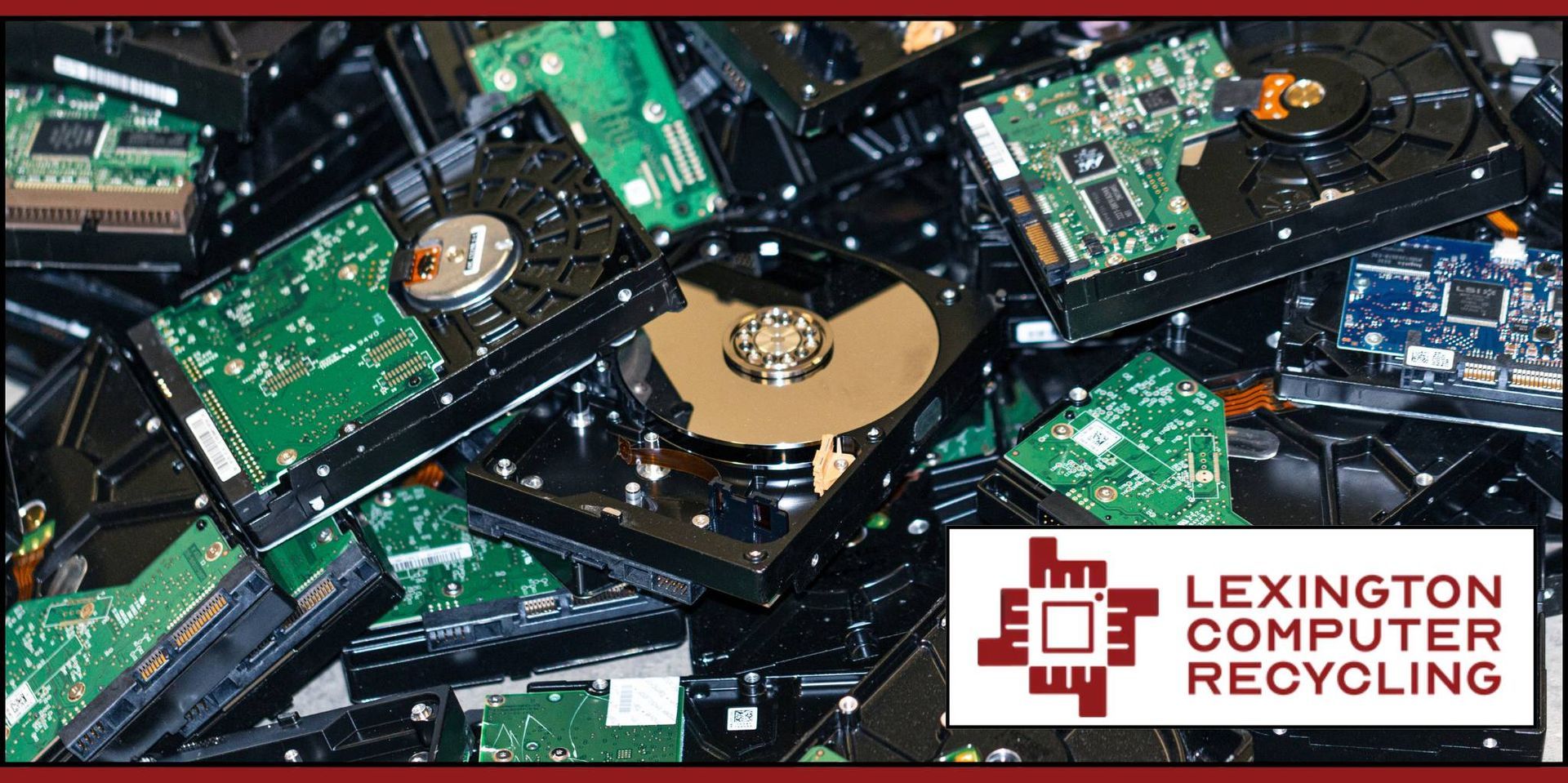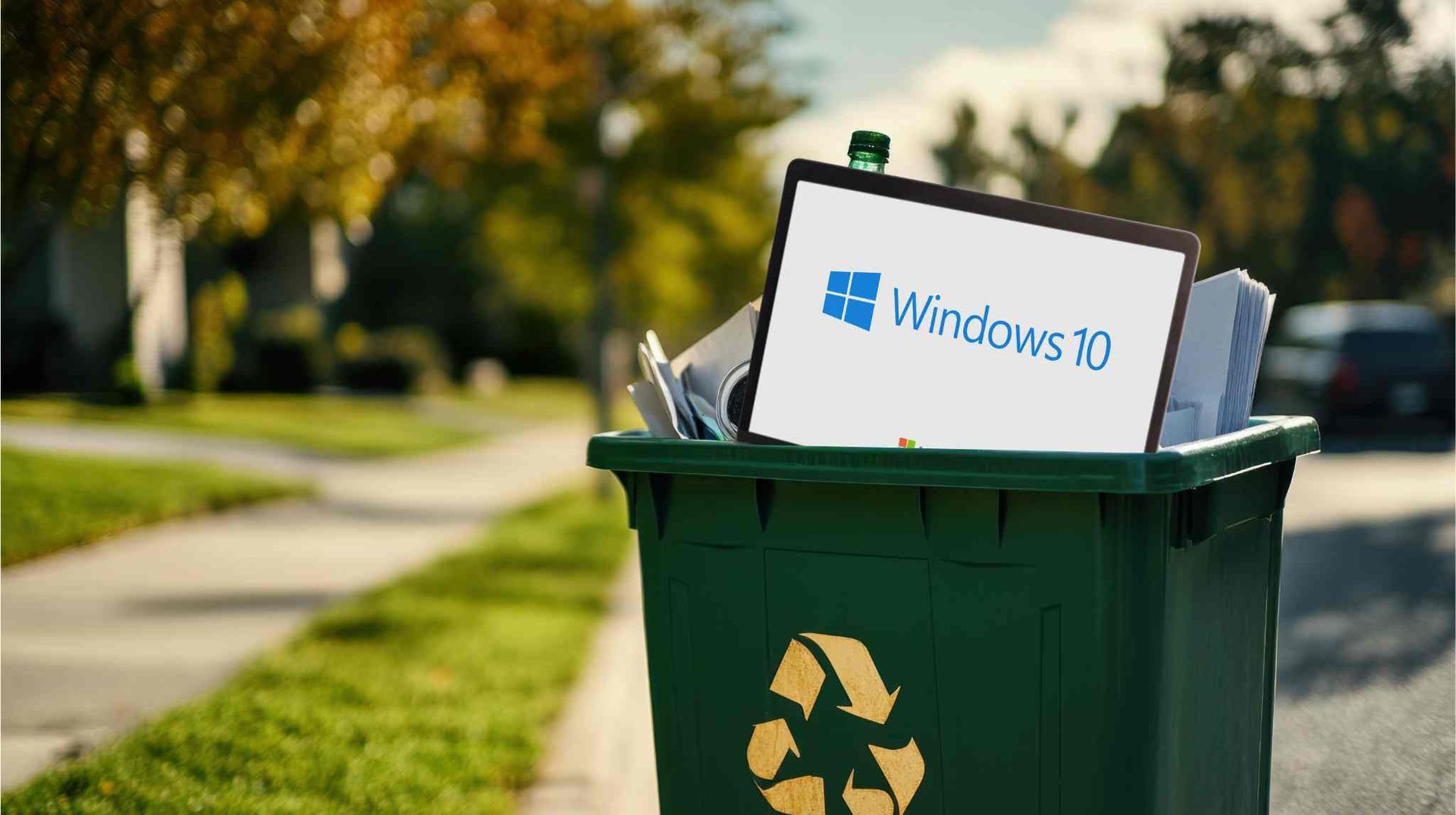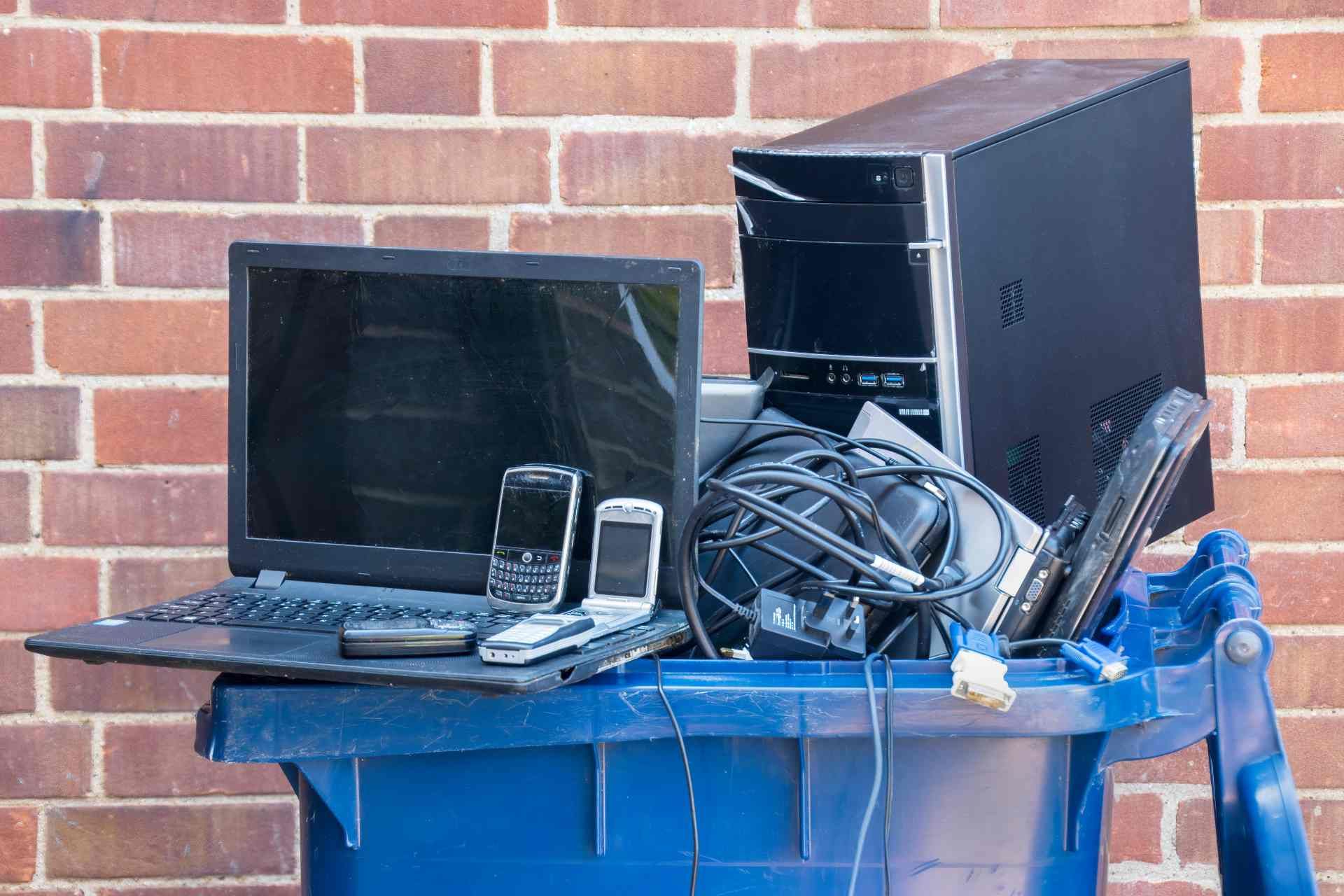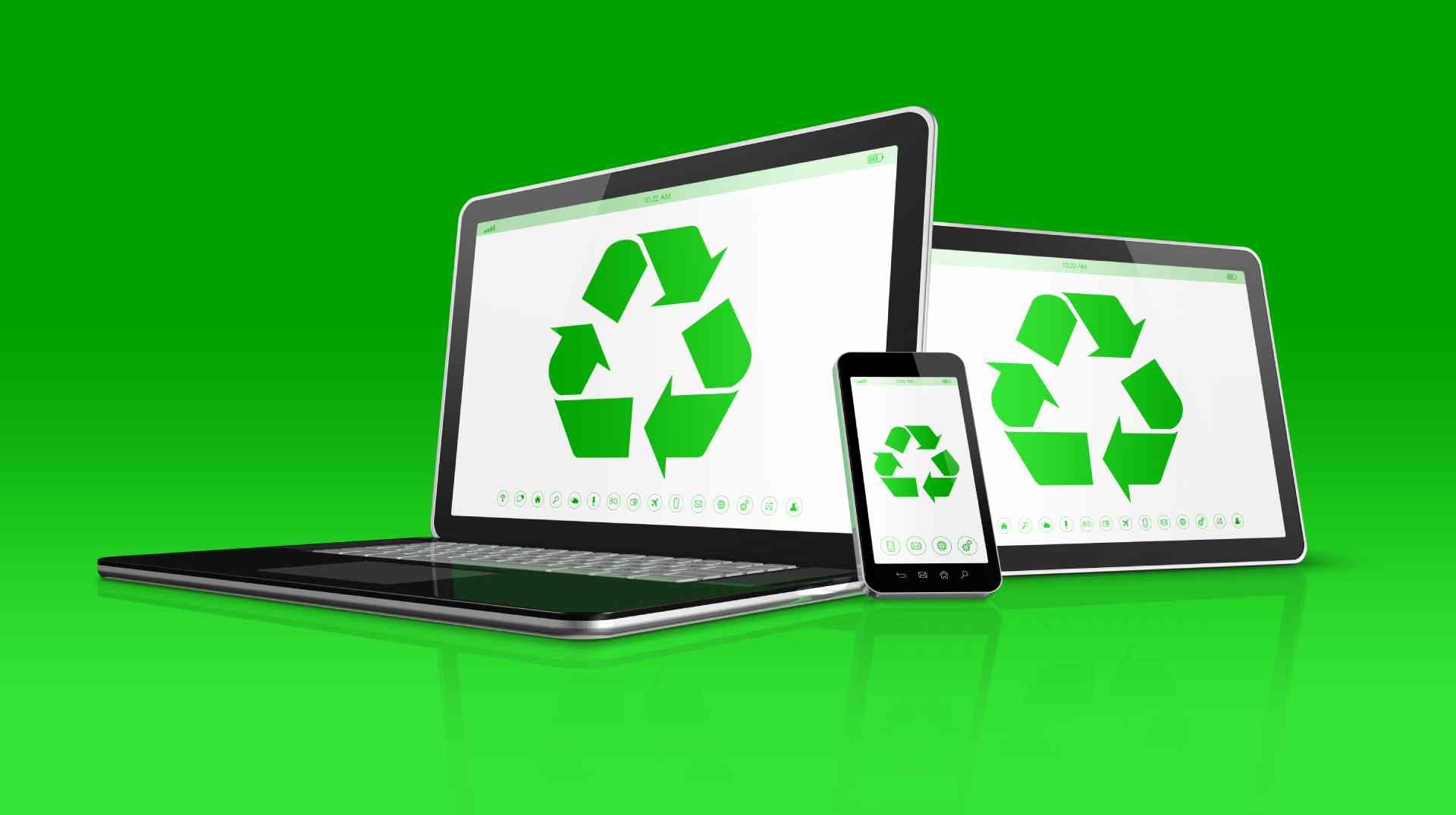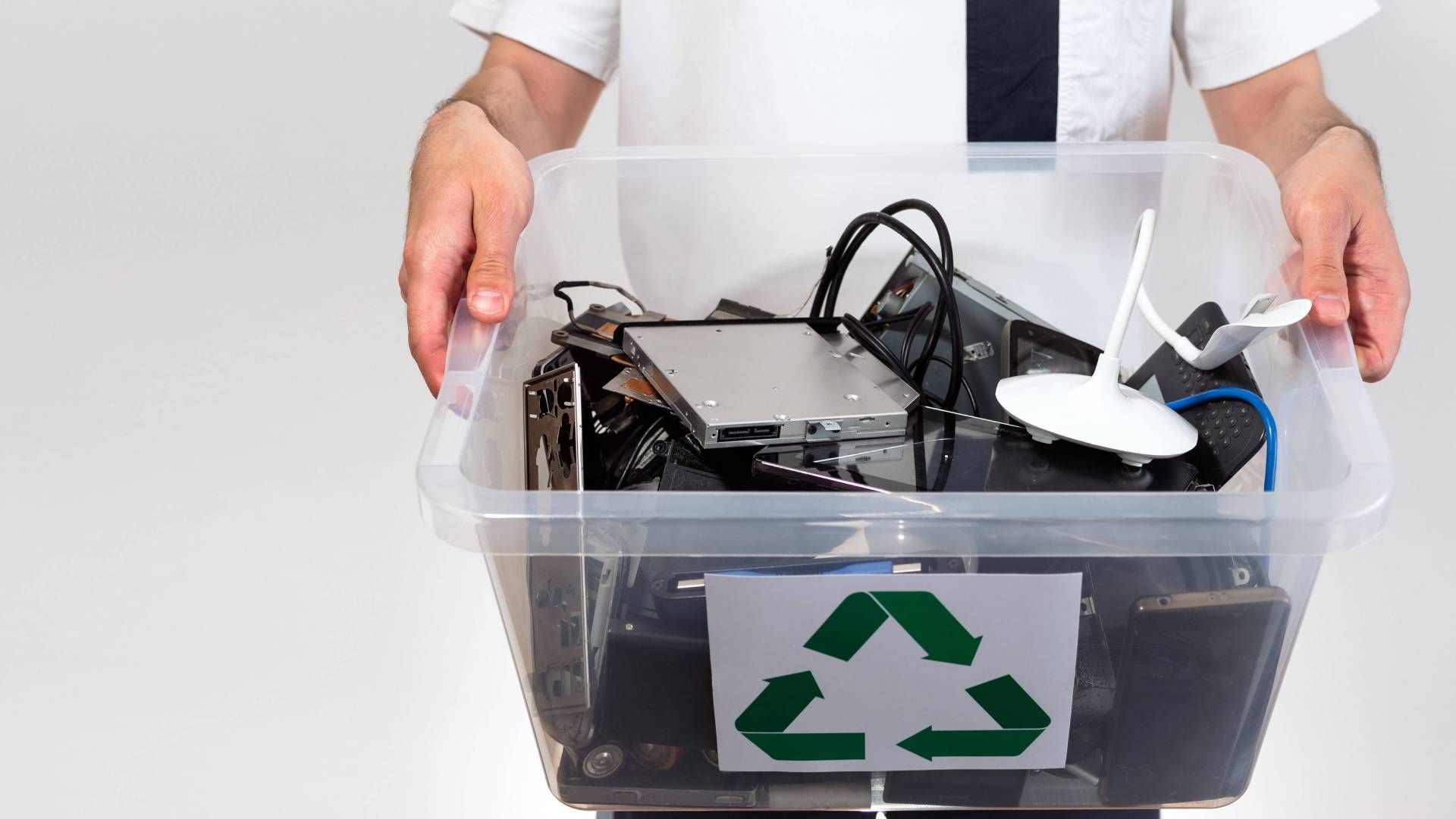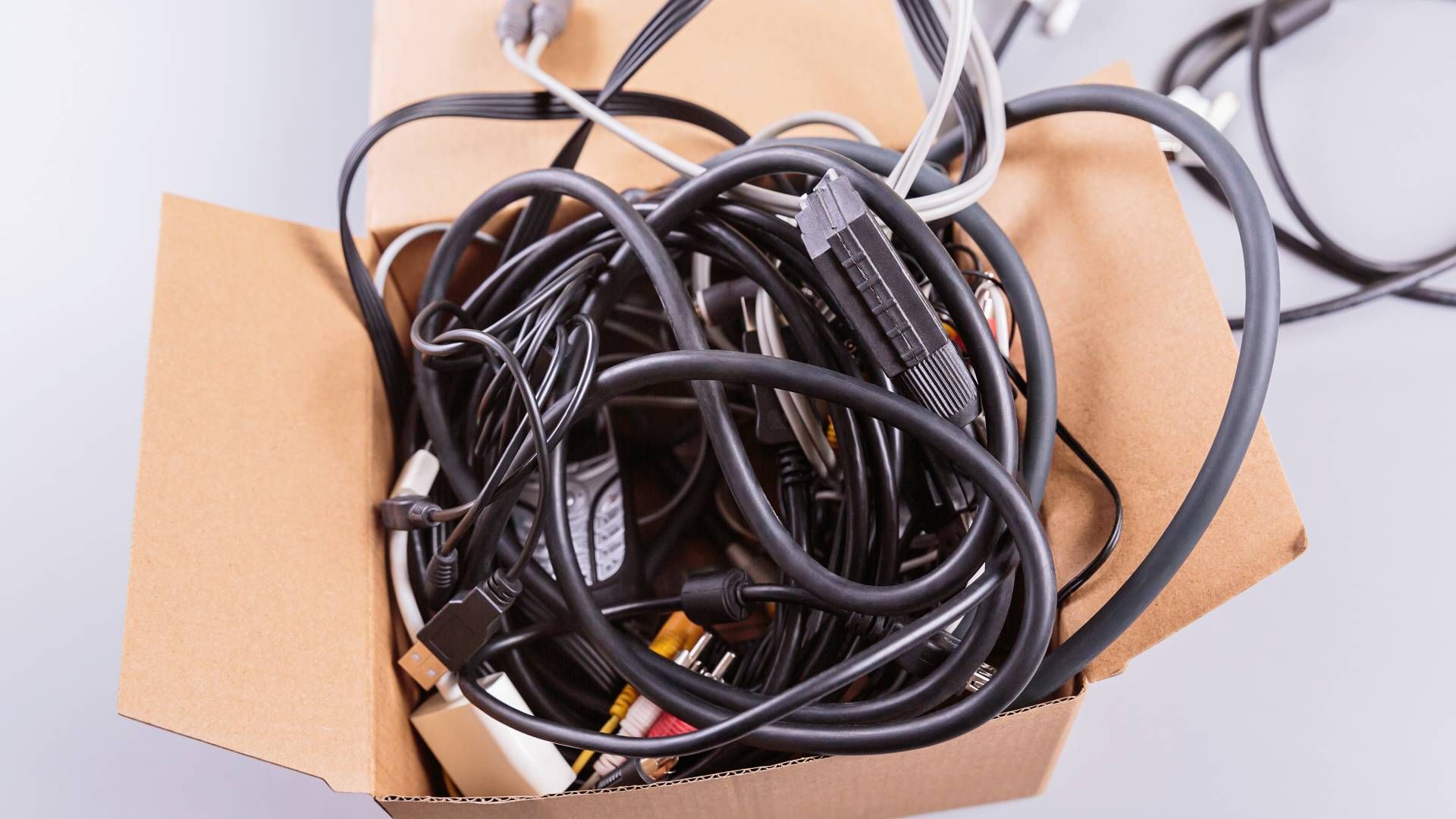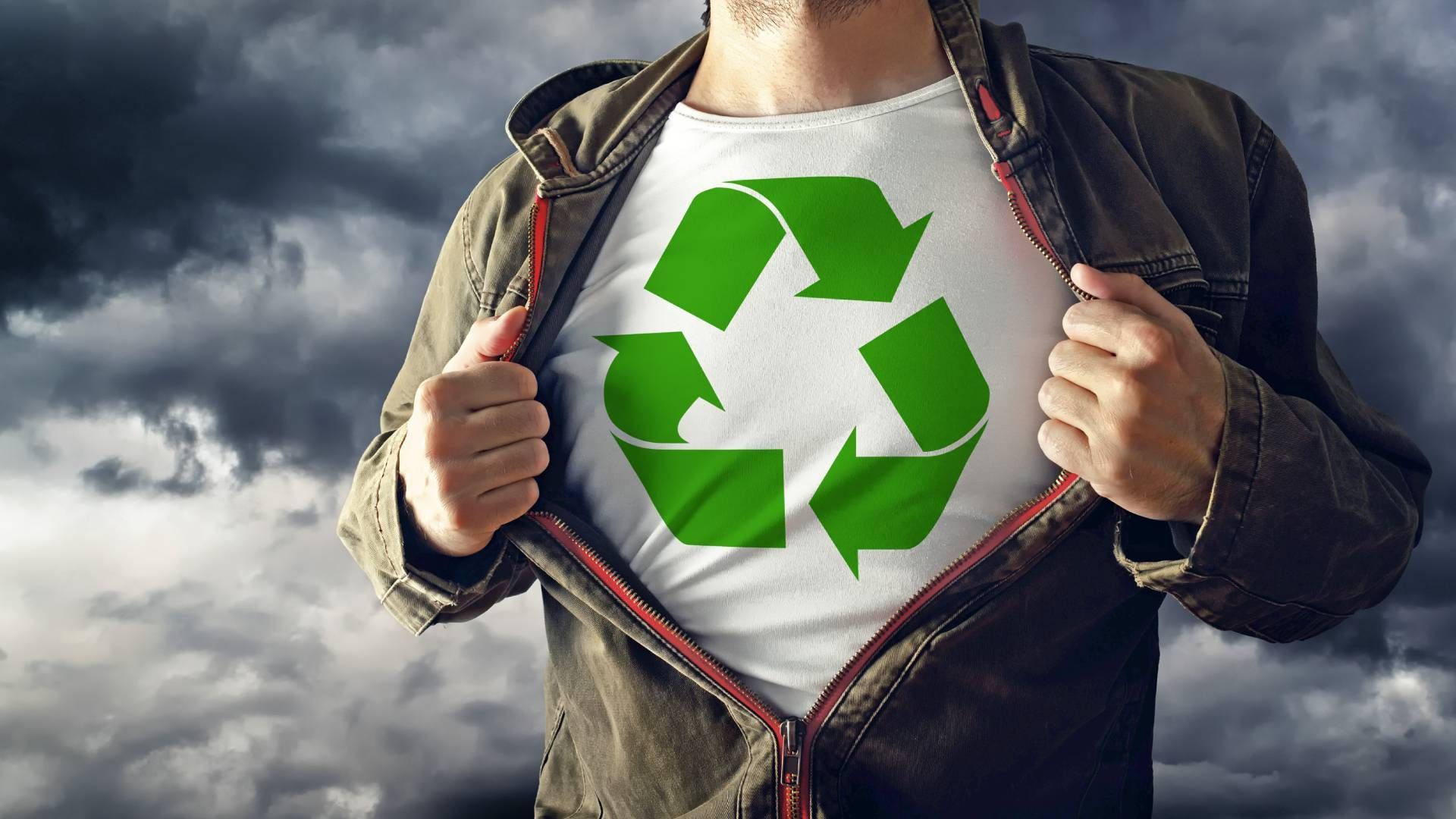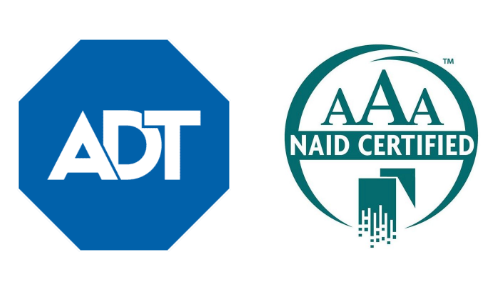What is the Difference Between E-Waste and Digital Waste?
People often think that e-waste and digital waste are interchangeable terms, but they are different types of waste. E-waste comprises physical discard, while digital waste refers to items stored on a hard drive or in a cloud. This means that you can have digital waste without e-waste—and that your e-waste contains digital waste.
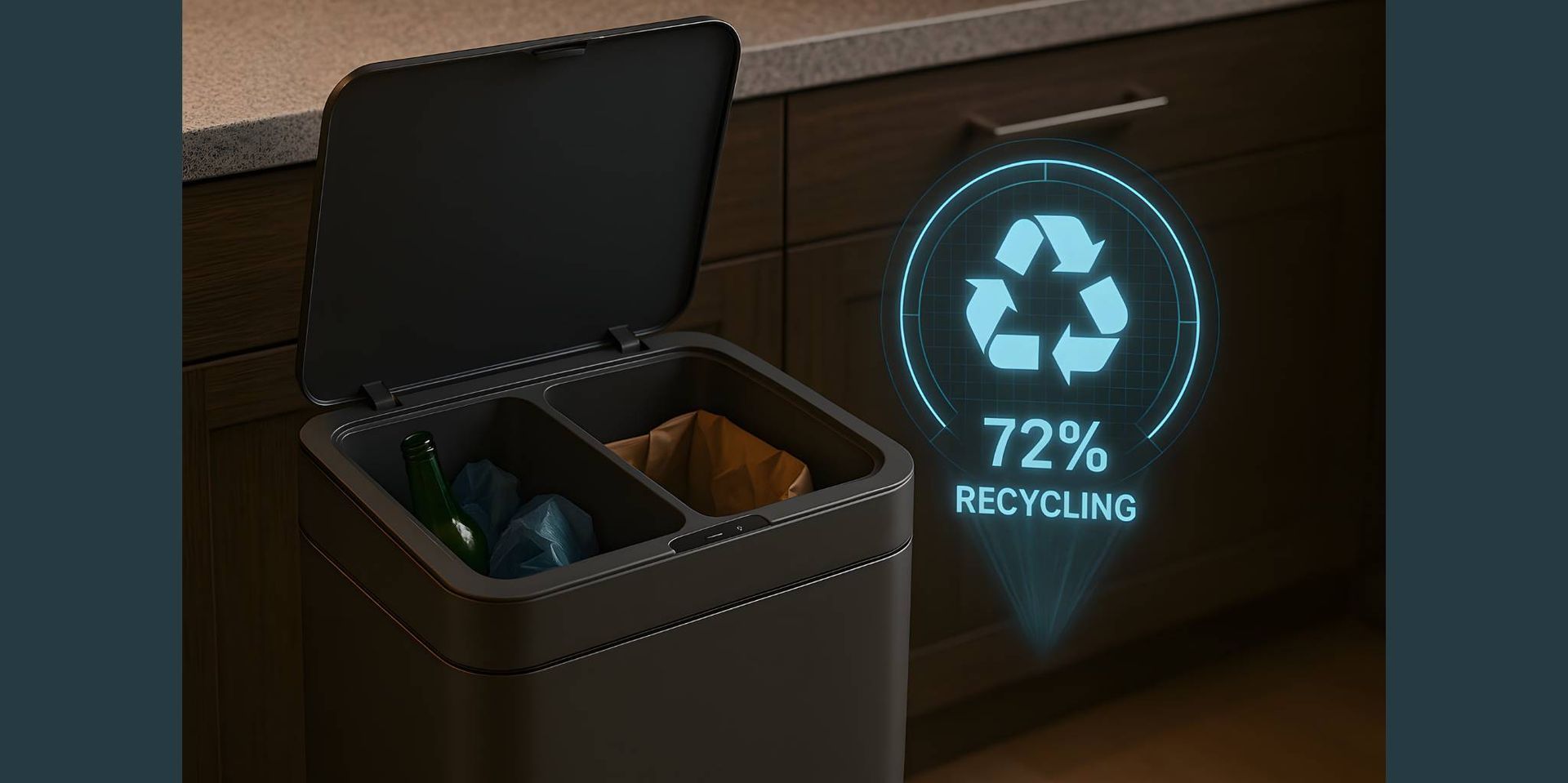
You can’t see digital waste piling up at the local dump, but it’s becoming increasingly problematic in the cloud or in storage on-site as the amount of data and its storage in various apps, social media platforms, and other uses rises. Lexington Computer Recycling is ready to help you manage both types of waste.
Types of Digital Waste
Many people don’t realize how much digital waste they have. After sending an email or uploading a photo to a cloud, it’s common not to think about it again. Digital waste refers to the following:
- Files, emails, photos, and documents that you no longer use or access
- Duplicates, outdated data, and information you enter into several systems
- Data that you collect but do not analyze or use
Impact of Digital Waste
- Environmental: Data storage and processing require energy, which increases carbon emissions.
- Higher Costs: As the amount of information stored and managed increases, the cost of maintaining the data also rises.
- Reduced Efficiency: Running too many processes on a system will slow its performance and affect productivity.
- Security Risks: When security systems are upgraded, digital waste may be forgotten, making it easier for unauthorized people to access it.
What is E-Waste?
Every electronic or electrical item thrown into the regular trash becomes e-waste. When someone throws away a single laptop or smartphone, it may not seem like a significant contributor to e-waste pollution, but millions of devices are discarded into general landfills. E-waste does not biodegrade and releases toxins into the soil, water, and air. These compounds can cause respiratory and neurological complications and increase a person’s risk of some types of cancer.
Proper Disposal of E-Waste and Digital Waste
You can recycle most electronic waste, including computers, TVs, smartphones, microwaves, and more. During recycling, the components of e-waste are separated by material. Glass, metal, and plastic are broken down and used to manufacture new products. Many electronic devices also contain gold, silver, platinum, and palladium, which can be reused instead of mining for the raw materials.
Digital waste is more straightforward to dispose of. You can reduce yours by deleting files and emptying your device’s trash. If you’re getting rid of a computer, we offer hard drive shredding to ensure others can’t access your data.
Contact Us for e-Waste Recycling Near Lexington, KY
Trust Lexington Computer Recycling with your e-waste to reduce your carbon footprint. Let us show you why we’re the area’s leading electronic recycling resource. We also offer office clean outs and specialty equipment handling throughout the United States.
Call us at (859) 300-3599 for information about special rates on new annual contracts, request a quote online, or visit one of our convenient locations.
Lexington Computer Recycling proudly serves the entire United States, including the greater Lexington, KY, area, Versailles, Nicholasville, Frankfort, Richmond, and Georgetown.

